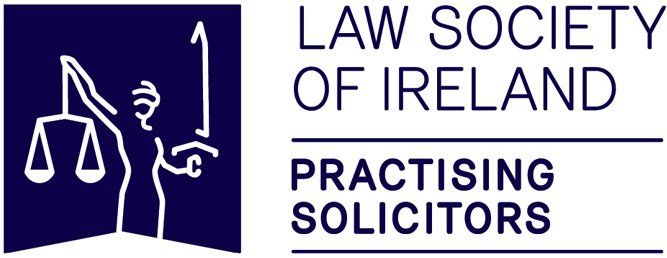Birth Injury Claims In Dublin
Need help with birth injury claims Dublin? Our experienced solicitors provide expert legal advice and support to secure the compensation you deserve.
Welcoming a child into the world should be a joyful experience. But when something goes wrong during pregnancy, labour or delivery due to medical negligence, the results can be devastating. Birth injuries can lead to lifelong physical, emotional and financial challenges for the child and their family.
We understand the heartache and uncertainty you may be facing. As experienced birth injury solicitors Dublin, we provide compassionate, expert legal guidance to help families get the support and compensation they need and deserve. We’re here to ensure that your child’s future is protected and that those responsible are held accountable.
What Is A Birth Injury?
A birth injury refers to harm caused to a baby (or sometimes the mother) during pregnancy, childbirth or shortly thereafter. While some injuries may be unavoidable, others occur due to substandard medical care or clinical errors that could and should have been prevented.
Some of the most common causes of birth injury include:
- Failure to detect or respond to foetal distress
- Delayed or mismanaged C-sections
- Misuse of forceps or vacuum delivery
- Oxygen deprivation (hypoxia) during delivery
- Undiagnosed infections or maternal health conditions
- Failure to monitor baby’s heartbeat appropriately
When a healthcare provider’s negligence leads to a preventable injury, parents may be entitled to pursue a birth injury claim.
Types Of Birth Injury Claims
Not all birth injuries are the same. Some may be temporary and recoverable, while others can result in permanent disabilities. Common birth injuries include:
- Cerebral Palsy
– Often linked to oxygen deprivation or brain injury during delivery
- Brain injuries – Resulting from trauma, infections or lack of oxygen
- Skull fractures or head trauma – Often associated with the incorrect use of instruments
- Shoulder dystocia complications – When the baby’s shoulders become stuck during delivery
- Spinal cord injuries
Each of these conditions may result in significant long-term care needs, including therapy, specialist equipment, home adaptations and educational support.
Do I Have A Birth Injury Claim?
To pursue a successful birth injury claim, you need to establish three key things. Firstly, a medical professional must have owed you and your baby a duty of care, meaning they were responsible for providing competent medical treatment during pregnancy, labour or delivery.
Secondly, there must have been a breach of that duty, such as when the care provided falls below the accepted medical standard. Finally, it must be shown that this breach directly caused harm or injury to your child.
We offer a free, no-obligation consultation to help determine whether you have grounds for a claim. Our team will review your medical records, work with independent experts and provide you with clear, straightforward advice about your legal options.
What Compensation Can Be Claimed?
If your birth injury claim is successful, compensation may include:
- General damages for pain and suffering
- Special damages for financial losses (e.g., medical bills, therapies)
- Future care and accommodation costs
- Loss of earnings (for both the child and parents, if applicable)
- Psychological support and counselling services
We will work to ensure that your compensation reflects the full scope of your child's needs today and in the future.
Contact Our Birth Injury Solicitors In Dublin Today
If your child has suffered a birth injury and you believe medical negligence may be to blame, you deserve answers and support. Our experienced medical negligence team is here to listen to you, guide you through your options and fight for the justice and compensation your family deserves. From your first consultation to the resolution of your case, we will stand by your side every step of the way.
Call us today on +353 1 8312163 for a free, confidential consultation with one of our medical negligence solicitors in Dublin.
In contentious business, a solicitor may not calculate fees or other charges as a percentage or proportion of any award or settlement.


